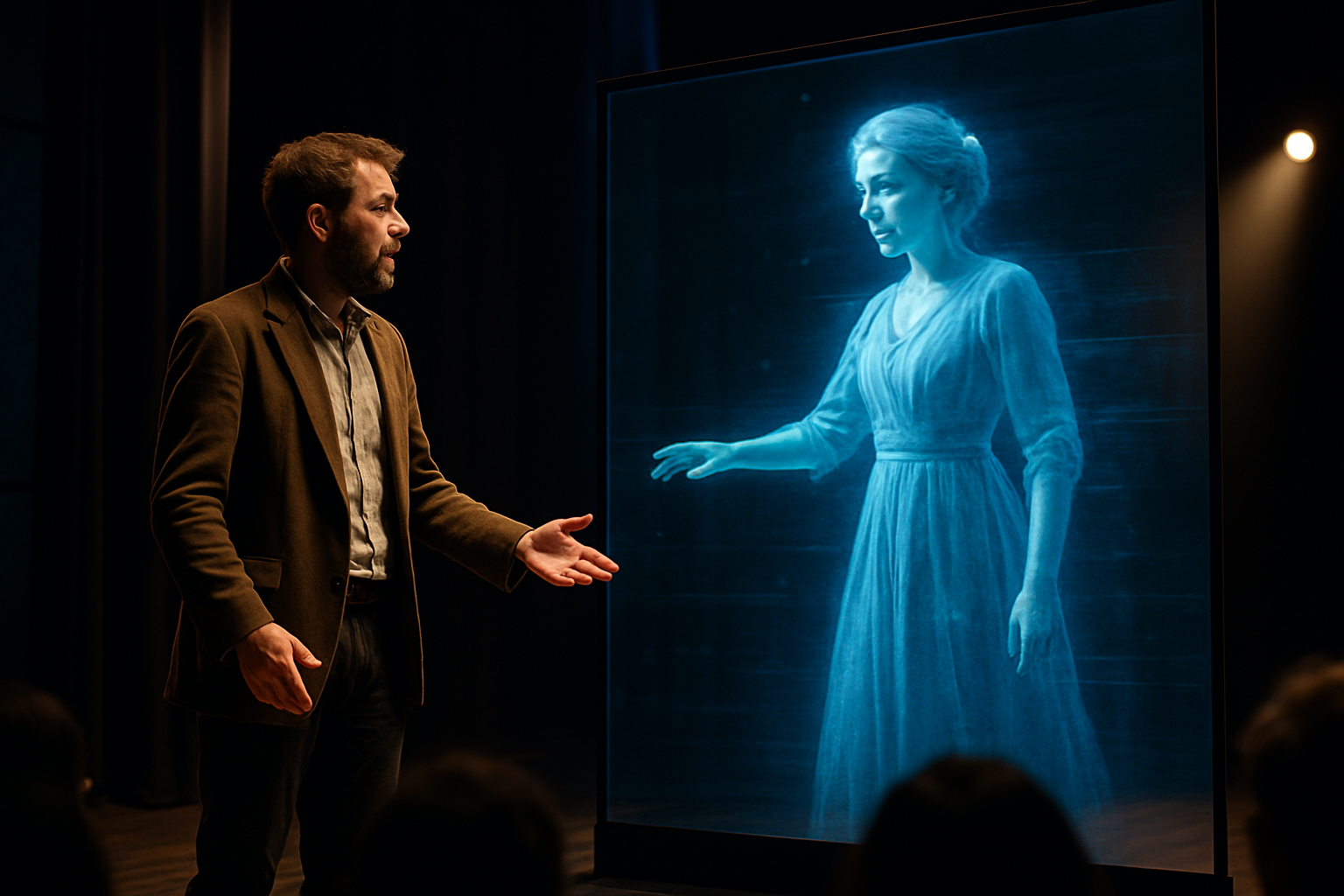Cognitive Tribalism: The New Frontier of Social Polarization
In an era of information overload and algorithmic echo chambers, a new form of social division is emerging. Cognitive tribalism, the tendency to align with those who share our mental models and reject those who don't, is reshaping how we interact, form communities, and perceive reality. Read below to explore this fascinating phenomenon and its far-reaching implications for society.

The Roots of Cognitive Tribalism
Cognitive tribalism is not a new concept, but its current manifestation is uniquely modern. Historically, humans have always sought out like-minded individuals, forming groups based on shared beliefs, values, and experiences. However, the digital age has amplified this tendency, creating virtual echo chambers that reinforce existing beliefs and limit exposure to diverse perspectives.
The phenomenon is rooted in cognitive psychology, particularly in concepts like confirmation bias and the availability heuristic. These mental shortcuts, which help us make sense of complex information, can also lead us to seek out information that confirms our existing beliefs and ignore contradictory evidence.
The Digital Catalyst
The rise of social media and personalized content algorithms has dramatically accelerated the formation of cognitive tribes. These platforms, designed to maximize engagement, often prioritize content that aligns with users’ existing beliefs and preferences. This creates a feedback loop, where individuals are increasingly exposed to information that reinforces their worldview, while contradictory perspectives are filtered out.
This digital segregation has real-world consequences. As people become more entrenched in their cognitive tribes, they may struggle to empathize with or understand those who think differently. This can lead to increased polarization, decreased social cohesion, and difficulties in addressing complex societal issues that require diverse perspectives and collaborative problem-solving.
The Neuroscience of Tribal Thinking
Recent neuroscientific research has shed light on the biological underpinnings of cognitive tribalism. Studies using functional magnetic resonance imaging (fMRI) have shown that when individuals encounter information that aligns with their beliefs, it activates the brain’s reward centers. Conversely, contradictory information can trigger the same neural pathways associated with physical pain.
This neurological response helps explain why cognitive tribes can be so resistant to change. Challenging one’s beliefs isn’t just intellectually uncomfortable; it can be physically unpleasant. This biological reinforcement of tribal thinking poses a significant challenge to efforts aimed at promoting cognitive diversity and critical thinking.
The Societal Impact of Cognitive Tribes
The implications of cognitive tribalism extend far beyond individual psychology. As societies become increasingly fragmented along cognitive lines, traditional social institutions and democratic processes face new challenges. Political discourse, for example, is increasingly characterized by tribal affiliations rather than policy debates.
Education systems, too, must adapt to address the challenges posed by cognitive tribalism. Teaching critical thinking skills and media literacy has become more crucial than ever, as students need to navigate a world where information is abundant but not always reliable or diverse.
Breaking Down Tribal Barriers
Despite the challenges posed by cognitive tribalism, there are reasons for optimism. Awareness of the phenomenon is growing, and innovative approaches to combating it are emerging. Some tech companies are experimenting with algorithms designed to expose users to diverse perspectives, while educators are developing curricula that emphasize cognitive flexibility and perspective-taking.
Individuals can also take steps to break out of their cognitive tribes. Actively seeking out diverse viewpoints, engaging in respectful dialogue with those who think differently, and practicing intellectual humility can all help broaden one’s cognitive horizons.
The Future of Social Cohesion
As we move forward, addressing cognitive tribalism will be crucial for maintaining social cohesion and solving complex global challenges. By understanding the psychological and technological factors that contribute to this phenomenon, we can develop strategies to foster more inclusive and diverse cognitive landscapes.
The challenge lies in balancing the human need for community and belonging with the societal need for diverse perspectives and collaborative problem-solving. As we navigate this new frontier of social polarization, our ability to bridge cognitive divides may well determine the future of our increasingly interconnected world.






